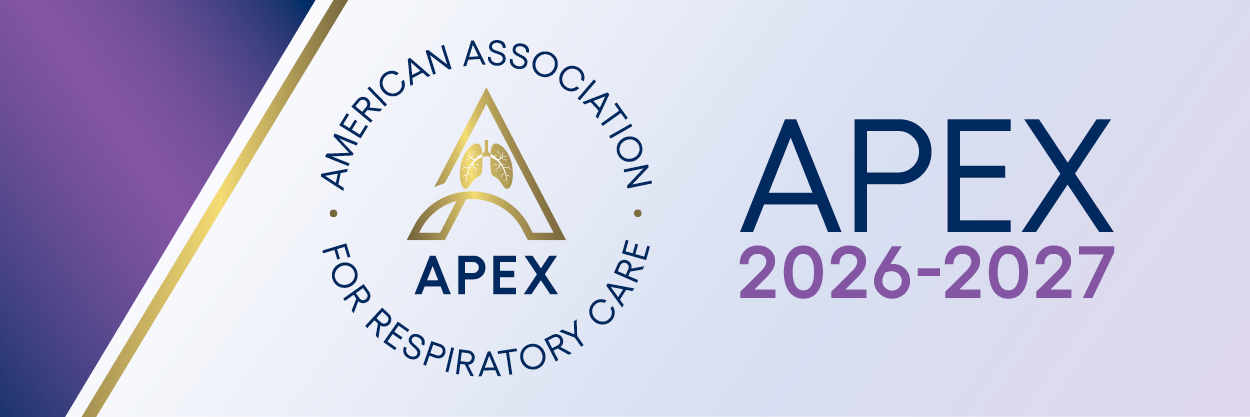
By Debbie Bunch
The New Year is a great time for a fresh start, not only in your personal life but in your professional life as well.
What kinds of New Year’s Resolutions make the most sense for respiratory therapists who want to get ahead in 2025? Here are five to consider –
Evaluate your educational goals: The drive to increase the number of RTs with bachelor’s degrees has been gaining momentum for several years now, and while therapists with AS degrees will remain the backbone of the field for some time to come, more and more facilities are going to be seeking out RTs educated at the baccalaureate level.
If you are still on the fence about going back for your BS degree, 2025 may be the time to act. Luckily, BS-degree completion programs now abound in the profession, and most of them are online, making going back to school to complete your BS degree easier today than it has ever been before. You can find CoARC accredited programs here
Boost your skillset: Respiratory care is a skills-driven profession and that means the more skills you have, the more valuable you are to your team and to prospective employers as well. So, take some time to consider which new skills would fit best in your situation (for example, if your goal is to work in a children’s hospital, getting PALS or NPR certification would be a good place to start, and acquiring the NPS credential from the NBRC is also a must) and then come up with a plan to acquire them in 2025.
Make the most of your CRCE requirements: Most RTs are required to complete CRCEs to meet state licensure requirements. Since you have to take these courses, anyway, make them count by choosing those that provide education on topics that directly relate to your current job or the job you’d like to have. AARC members have a wealth of online opportunities to choose from in the AARC University.
Put yourself out there: Networking is critical for any therapist who wants to climb the ladder, and one of the best ways to network with your colleagues in the profession is through your membership in the AARC and your AARC state society. You can come face-to-face with people who can help you in your career by attending in-person meetings like the AARC Congress or Summer Forum, or your local and state society gatherings.
If you don’t have time for that, check out AARConnect and start networking with peers online. Some of the best virtual experiences come through the AARC Specialty Sections, each of which hosts a robust discussion list on AARConnect. And the good news is, section membership is open to anyone with an interest in the area, so you can join a section for a specialty you want to know more about even if you don’t actually work in that specialty now.
Update your resume: Even if you aren’t planning to change jobs any time soon, it never hurts to have a current resume on hand in case an opportunity pops up that you’d like to take advantage of. The AARC has plenty of resume writing tips here that can help you craft a resume that will garner the attention you deserve from hiring managers.








